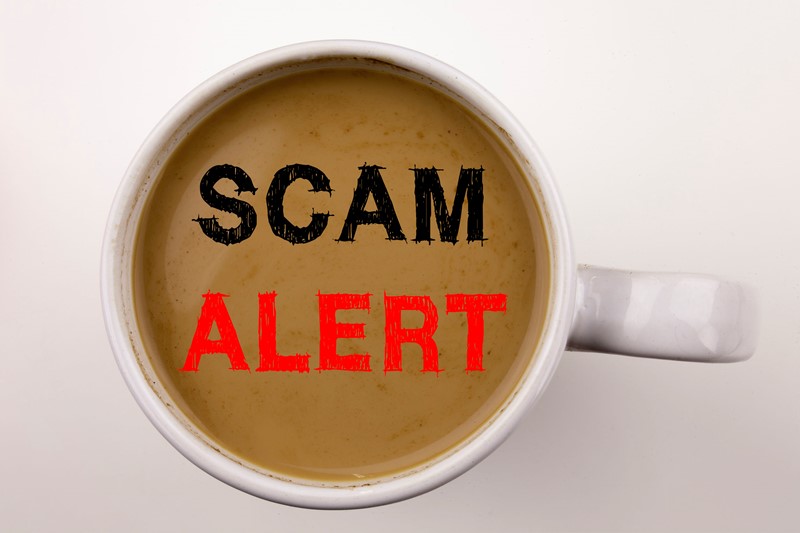
Tripartite arrangements don’t necessarily enable an agency to escape accountability
August 20, 2025
Why increasing an overdraft to fund losses is a dangerous game
August 26, 2025Protecting Yourself Against Scam Calls, Scam Emails, and Scam Messages
Fraudsters use a wide range of tactics, from scam calls and scam texts (Royal Mail, energy text scam) to scam emails about council tax or fake investment offers. These scams are designed to trick you into handing over personal or banking details, paying money upfront, or clicking on suspicious links that hide viruses such as the Google Play virus.
If you get a call from someone claiming to be your bank and it feels wrong, hang up and dial 159. This service connects you directly and safely to your bank’s fraud team, helping you verify whether the request is genuine before you transfer money or share any details.
How the 159 Helpline Works
The 159 helpline launched in September 2021 and is now available to over 99% of UK retail bank customers. It was created by UK Finance alongside banks and telecom companies to combat fraud and reduce losses from phishing scams, app scams, and scam messages.
Key points:
-
Dial 159 if you receive a suspicious call about your bank account.
-
The number cannot be spoofed, unlike normal phone numbers.
-
You’ll be put straight through to your bank’s fraud team.
-
Works with major banks including Barclays, HSBC, Lloyds, NatWest, Santander, Monzo, Starling and more.
The number is simple to remember — “159” forms a diagonal on your keypad — and has already been used over 800,000 times.
Why the 159 Service Matters in Combating the Latest Scams
Fraudsters often use fake websites, a fake gov uk website, or a fake Royal Mail page to trick people into entering personal details or credit card details. Some send scam emails about council tax reduction, or scam texts pretending to be from your mobile phone provider about unpaid energy bills. Others advertise fake listings on Facebook Marketplace, or use fake job adverts online to steal personal data.
These tricks fraudsters use can cause serious harm:
-
Loss of money or business income.
-
Fraudster access to bank account details or card details.
-
Identity theft from stolen personal details.
-
Pressure to pay money or upfront fees for fake loans, investments, or pension deals.
By calling 159 immediately instead of engaging, you avoid falling victim to these tactics and give your bank the chance to act safely and protect your money.
Using 159 Alongside Other Fraud Protections
The government digital service team and Action Fraud recommend being cautious of:
-
Unexpected phone calls or messages with further instructions.
-
Unknown or hidden numbers requesting bank account or card details.
-
Emails directing you to a fake site or wrong phone number.
-
Scam people on social media sending links via posts or messages.
-
Apps hiding viruses or fake apps pretending to be from genuine businesses.
When in doubt, don’t click or respond. Instead:
-
Hang up.
-
Dial 159 to contact your bank immediately.
-
Report the scam to Action Fraud to help stop fraud across the UK.
A Safer Future for Bank Customers
Plans are underway for Ofcom to designate 159 as a mandatory “Type A” number, similar to 999 or 111, making it a permanent part of the UK’s fraud protection system. This shows how seriously banks and telecom companies are working to keep personal and banking details safe and help customers avoid scams.
By using the 159 helpline, you:
-
Protect your bank account and keep your money safe.
-
Reduce the risk of fraudsters stealing your personal or banking details.
-
Avoid scam messages, scam calls, and scam emails.
-
Get peace of mind that you’re speaking directly with your bank.
Protect Yourself Against Bank Scams
Fraudsters are constantly inventing new scams — from energy bill scams to fake Royal Mail messages and phishing emails. But you don’t have to face them alone. The 159 helpline is your direct line to your bank’s fraud team.
If something feels off, hang up, dial 159, and stop fraud before it happens.



